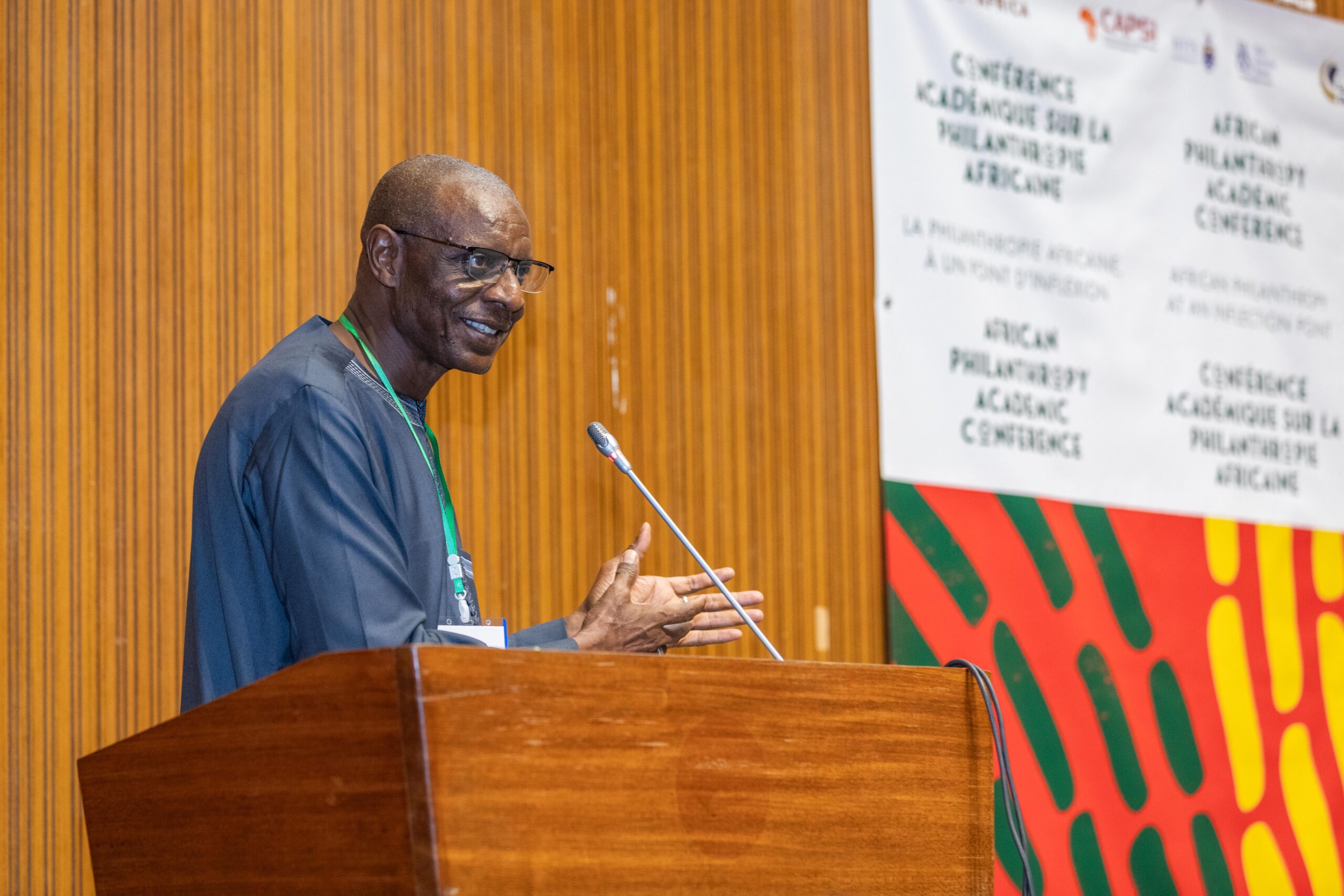“The world is on fire.”
“We are living in catastrophic times.”
“The world is at a tipping point.”
These kinds of phrases have become common in daily conversation and should not be surprising to anyone, given the multiple crises that are unfolding across different regions of the world. Nowhere are the crises felt more than in Africa. Floods, fires, droughts, pandemics, wars and other kinds of calamities can all be found on the continent. Deep and widespread poverty, huge loss of resources through illicit financial flows, economic and social crises, governance crises and violence (including the military coups and terrorism) are also still a reality for many people. In the face of such profound and complex crises, the preservation and enhancement of the sense-making capacities of the continent, and our capacity to co-frame the narratives about Africa become critical, especially as our knowledge generation institutions are themselves under threat.
The good news is – from time immemorial to now – the people of this world have and will never stop deploying their intellect, talents and resources to overcome all the challenges that they are faced with in building a better world for themselves. This is what transformative philanthropy is about. It is about what we see beyond the crises, what new horizons humanity can create for our world and how we can reimagine and proceed with the creation of a new and brighter future for Africa. These are some of the many questions that Africa’s civil society organisations, social movements, universities, think tanks, policy makers and development practitioners are working to answer. These are also the very issues that African philanthropy is grappling with.
As was noted at a recent forum on sustainability, “to be living in times of crises certainly suggests that we are living on the edge and about to fall. Yet we are also at the edge, looking out to a beyond, with new horizons calling us to go beyond ourselves”.
African women and youth have organised themselves to respond to the changes that face our societies and are working to bring about changes that make life on the continent more meaningful. African philanthropy, as a sector and a community, is also growing by leaps and bounds. The many great initiatives that have been launched over the past year alone include some that clearly illustrate growing determination to move the sector to much higher levels of organisation and performance: Reimagining pan African and Feminist Philanthropies, and an African Social Movements Fund. These two initiatives involve large numbers of Africans and friends of Africa working with global philanthropies, all of whom have a vision of improving the resourcing capacity of institutions and social movements, and the relationships both have with the global philanthropic community. They are also interrogating the dominant narratives about African Philanthropy.
The choice of the theme of this edition of the African Philanthropy Conference was therefore not fortuitous. When the world is at the edge of a precipice, transformative philanthropy must pause and take a hard look at itself to be able to trigger, accompany and support movements and initiatives that can enable us to go beyond ourselves, and create a new civilization and new future for our continent, and our planet.
This Conference has become an important annual gathering that we hope all philanthropies seeking to work with Africa will henceforth reserve a space for in their calendars. The conversations about shifting power, localisation, or decolonizing philanthropy that are happening in both the Global North and the Global South need to be connected. We therefore welcome the presence of a growing number of our strategic partners from North America, Latin America, Asia and Europe.
Like last year, this year’s Conference is preceded by an academic conference on the same theme as that of the main conference. Ultimately, the strength of the African philanthropic community cannot grow in the absence of strong scientific and intellectual foundations. The academic conference is hosted at the iconic Museum of Black Civilizations in Dakar, which is a demonstration of the importance of grounding our efforts to create new futures for Africa in our history and cultures.
The Conference also provides us with an opportunity to celebrate our successes and our heroes. For the third time, the winner of the Lifetime Achievement in African Philanthropy award will be announced and honoured. The first two laureates, Akwasi Aidoo and Graça Machel, are luminaries. With an independent Award Committee undertaking the selection, we look forward to honouring another great luminary at this conference.
In addition, there will be presentations of new initiatives, reports and publications as well as energetic artistic performances that represent the rich diversity of the continent’s creative sector.
On behalf of the board and staff of TrustAfrica, and of all the members organising the African Philanthropy Conference, I say bienvenue! A very warm welcome to the 4th African Philanthropy Conference, the 2nd African Philanthropy Academic Conference, and to Senegal, le pays de la Teranga (the land of hospitality). This is the first time that the conference is being held in West Africa, and in a country where French is the official language, and Wolof, Pulaar and many other languages are spoken. This has contributed to making the flavour of the 2023 edition of the African Philanthropy Conference very special. The outcomes will also be great, I can assure you.
Ebrima Sall
Executive Director, TrustAfrica

